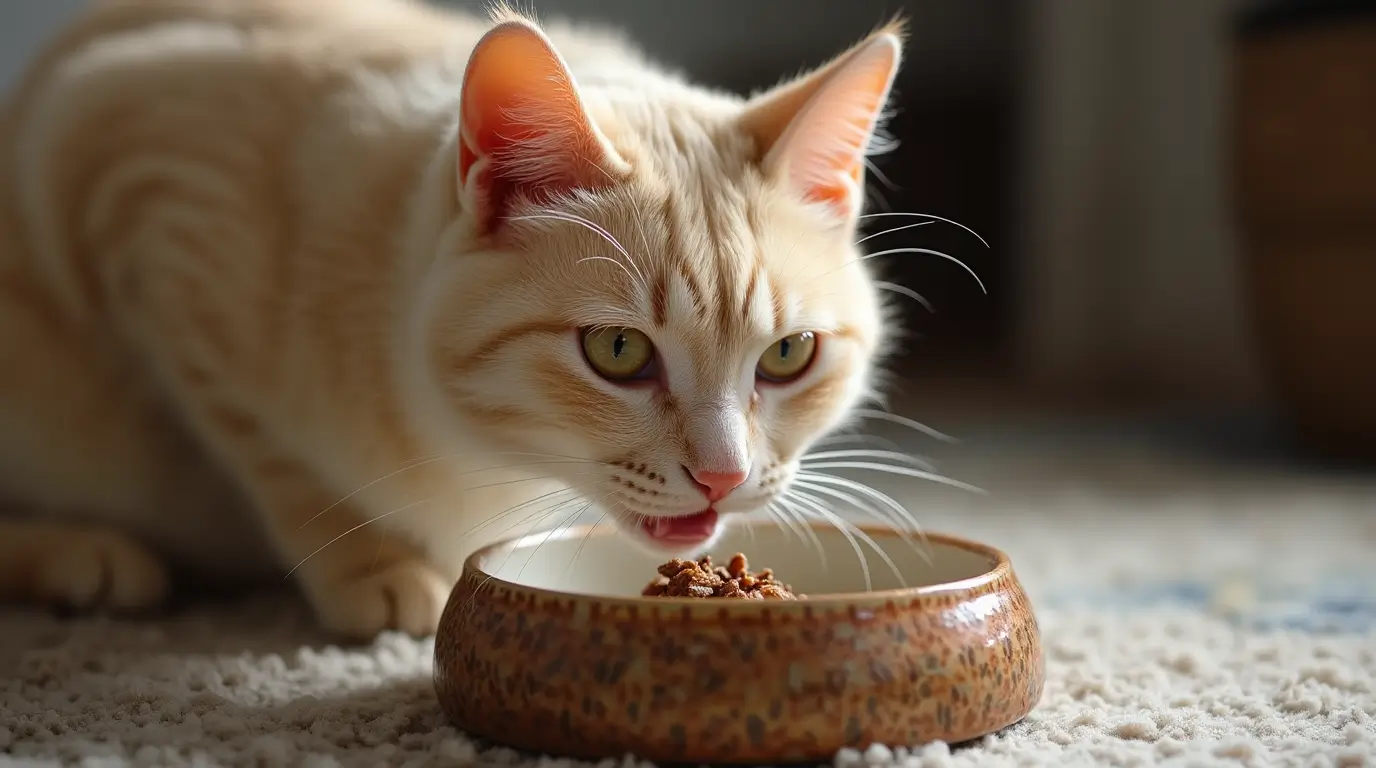best food for older cats – 2025
Your aging feline companion deserves nothing but exceptional nutrition during their golden years, and finding the best food for older cats becomes a top priority. As your cat transitions into their senior phase, their dietary requirements undergo significant changes, making it crucial to adapt their meals accordingly. This comprehensive guide will walk you through everything you need to know about selecting and preparing the best food for your older cat, ensuring they receive the nutrition they need to thrive in their senior years.
Table of Contents
Understanding Your Senior Cat’s Nutritional Needs
Your older cat’s body functions differently now. Their metabolism has slowed down, and their ability to absorb nutrients isn’t what it used to be. That’s why making informed decisions about their diet becomes more critical than ever.
Age-Related Changes That Affect Your Cat’s Diet
- Decreased ability to digest fats
- Reduced protein absorption
- Lower energy requirements
- Dental sensitivity
- Decreased thirst response
The Top 4 Best Foods for Senior Cats
1. Premium Wet Cat Food
Wet food becomes increasingly important as your cat ages. It provides essential hydration and is typically easier to digest. Look for options that contain:
- High-quality protein (at least 35%)
- Limited phosphorus content
- Added taurine
- Omega-3 fatty acids
2. Nutrient-Dense Dry Food
While wet food is crucial, some seniors still enjoy their kibble. Choose dry food that offers:
- Small, easy-to-chew pieces
- High protein content
- Added joint supplements
- Balanced minerals
3. Specialized Senior Formulas
Many brands now offer age-specific formulations designed to address common senior cat issues:
- Digestive support ingredients
- Joint health supplements
- Immune system boosters
- Controlled phosphorus levels
Basic Senior Cat Food Recipe
| Ingredient | Amount | Benefits |
|---|---|---|
| Cooked chicken | 2 cups | Lean protein |
| Sweet potato | ½ cup | Digestible carbs |
| Salmon oil | 1 tsp | Omega-3 fatty acids |
| Calcium powder | ¼ tsp | Bone health |

Making the Switch to Senior Cat Food
Transitioning your cat to new food requires patience and attention. Follow this schedule:
- Days 1-3: 75% old food, 25% new food
- Days 4-6: 50% old food, 50% new food
- Days 7-9: 25% old food, 75% new food
- Day 10+: 100% new food
Health Considerations and Diet
Managing Common Senior Cat Health Issues
- Kidney Disease: Reduced phosphorus, high-quality protein
- Arthritis: Added glucosamine and chondroitin
- Dental Problems: Soft food options
- Weight Management: Controlled portions and calories
Expert Tips for Feeding Your Senior Cat
Dr. Rachel Martinez, DVM, suggests: “Feed smaller, more frequent meals throughout the day to support your senior cat’s digestion and maintain stable energy levels.”
Feeding Schedule Recommendations
- Morning: Small protein-rich meal
- Midday: Light snack
- Evening: Main meal
- Before bed: Small portion if needed
Frequently Asked Questions
Q: When should I switch to senior cat food?
A: Most cats should transition to senior food around 7-10 years of age, but consult your veterinarian for personalized advice.
Q: How much should I feed my senior cat?
A: Portion sizes depend on your cat’s weight, activity level, and health conditions. Generally, senior cats need fewer calories but more protein.
Q: Is wet food better for older cats?
A: Yes, wet food typically provides better hydration and is easier to digest for senior cats.
Q: Should I warm up my senior cat’s food?
A: Slightly warming food can enhance its aroma and make it more appealing to older cats with decreased sense of smell.
Monitoring Your Cat’s Response
Keep track of these indicators when introducing new food:
- Weight changes
- Energy levels
- Litter box habits
- Coat condition
- Appetite patterns
Expert Contributors
- Dr. Rachel Martinez, DVM – Feline Nutrition Specialist
- Dr. Michael Chen, Board Certified Veterinary Nutritionist
- Dr. Emily Brooks, Geriatric Feline Care Expert
The Bottom Line
Selecting the right food for your senior cat requires careful consideration of their individual needs, health status, and preferences. By following these guidelines and working closely with your veterinarian, you can ensure your aging companion receives optimal nutrition for their golden years.
Call to Action
Monitor your senior cat’s eating habits and consult with your veterinarian about transitioning to age-appropriate food. Remember, small dietary changes can make a significant difference in your cat’s quality of life.
References:
- Journal of Veterinary Internal Medicine
- American Association of Feline Practitioners
- Cornell Feline Health Center
- International Cat Care Guidelines
[Note: This article was written based on current veterinary guidelines and expert insights as of 2024]
Senior Cat Food: Top 5 High-Quality Foods for Senior Cats
Top Wet Cat Food for Sensitive Stomachs and Vomiting Relief

